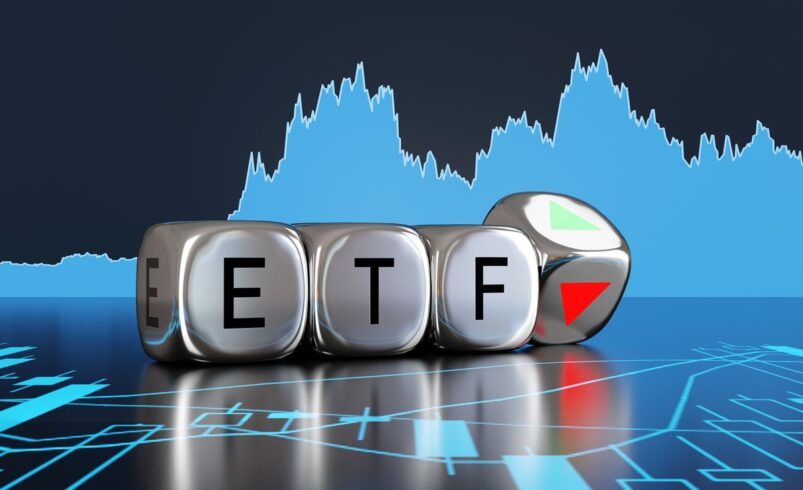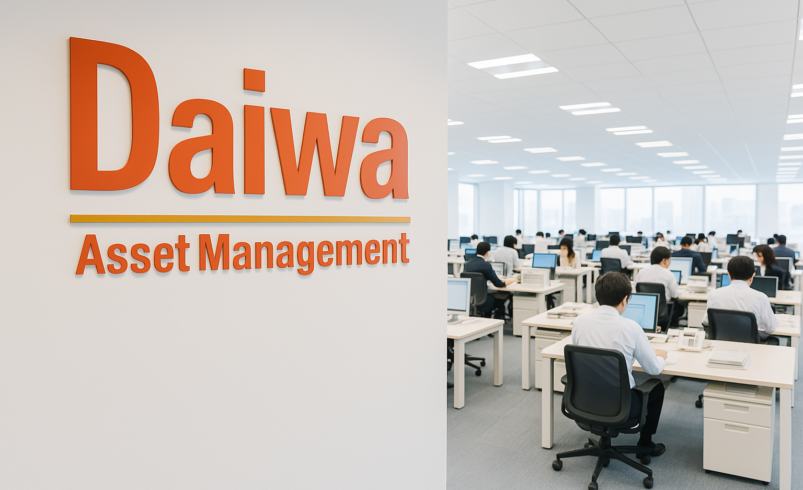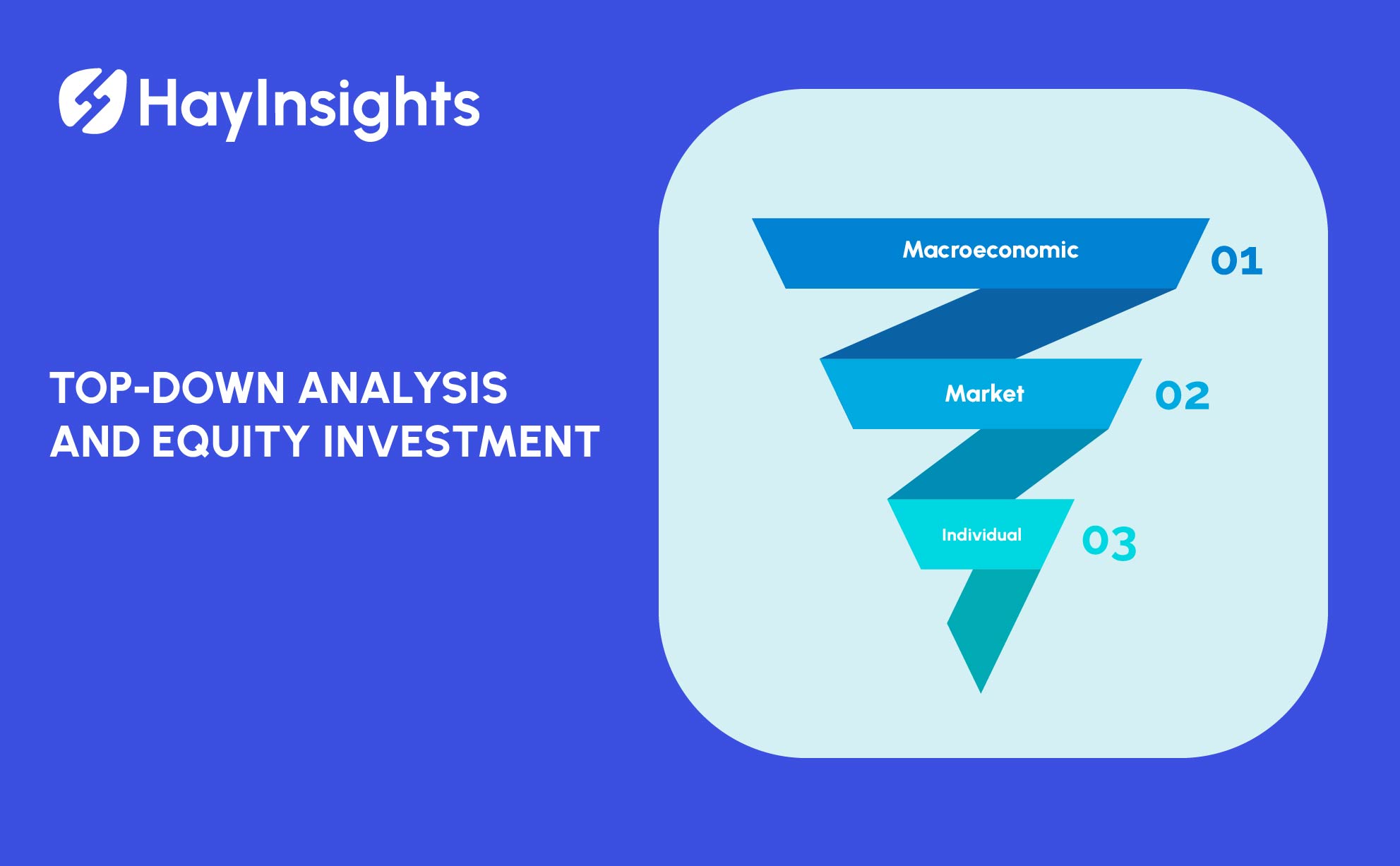
Exploring American Stock Exchanges 2024: Important Indices
The stock markets in the United States are among the most influential in the world. With exchanges such as Nasdaq, the New York Stock Exchange (NYSE), and indices like the S&P 500, the U.S. financial markets play a pivotal role in the global economy. For Japanese investors, understanding these markets is crucial for making informed investment decisions. This article explores the major American stock exchanges and explains why they should be on the radar of Japanese stock investors.
Understanding the Major American Stock Exchanges
Nasdaq
Nasdaq is one of the largest stock exchanges in the world, known for its high concentration of technology companies. It operates electronically and lists over 3,000 companies, including giants like Apple, Microsoft, and Amazon.
Key Characteristics of Nasdaq
- Focus on Technology: Nasdaq is known for its high-tech listings.
- Electronic Trading: Fully electronic trading platform enhances efficiency and transparency.
- Growth Potential: Home to many innovative and fast-growing companies.
Major Companies Listed on Nasdaq
- Apple: Leader in consumer electronics and technology.
- Microsoft: Dominant force in software and cloud computing.
- Amazon: E-commerce and cloud computing giant.
New York Stock Exchange (NYSE)
The New York Stock Exchange (NYSE) is the largest stock exchange globally by market capitalization. It hosts some of the world’s biggest companies, offering stability and liquidity for investors.
Unique Features of NYSE
- Historic Significance: Oldest exchange in the U.S. with a rich history.
- Blue-Chip Companies: Hosts large, well-established companies.
- Market Capitalization: Largest by market cap, offering stability.
Prominent NYSE Companies
- Johnson & Johnson: Leading healthcare and pharmaceutical company.
- Berkshire Hathaway: Renowned for its diverse holdings and management by Warren Buffett.
- ExxonMobil: Major player in the energy sector.
S&P 500
The S&P 500 is a stock market index that includes 500 of the largest publicly traded companies in the U.S. It is a key indicator of overall market performance and economic health.
Comprehensive Market Indicator
- Diverse Representation: Includes companies from all major sectors.
- Economic Barometer: Reflects the overall health of the U.S. economy.
- Investment Benchmark: Widely used as a benchmark for investment performance.
Notable S&P 500 Constituents
- Google (Alphabet): Key player in internet services and AI.
- Tesla: Leader in electric vehicles and renewable energy.
- Procter & Gamble: Major consumer goods company.
Why Japanese Stock Investors Should Pay Attention to American Exchanges
Global Economic Influence
American stock exchanges are integral to the global economy. Trends in the U.S. markets often set the tone for international markets, including Japan.
Investment Opportunities
Investing in U.S. stocks provides Japanese investors with exposure to leading global companies and innovative sectors like technology and healthcare. This offers the potential for higher returns compared to domestic markets.
Diversification
Diversifying investments across different geographic regions helps mitigate risks. U.S. markets offer an array of options that can complement Japanese investments, reducing the overall portfolio risk through geographical diversification.
Currency Considerations
The U.S. dollar is a dominant global currency. Investing in U.S. stocks can provide Japanese investors with a hedge against yen fluctuations. This can be particularly advantageous during periods of yen depreciation.
Detailed Analysis of Nasdaq
Market Dynamics of Nasdaq
Nasdaq’s focus on technology and biotechnology sectors makes it a fertile ground for growth investors. The exchange’s electronic trading system offers transparency and speed, attracting both institutional and retail investors globally.
Influence on Global Tech Trends
Nasdaq companies are often at the forefront of technological innovation. As such, developments in this exchange can signal emerging global trends in technology, which is valuable information for Japanese investors looking to stay ahead of market shifts.
Insights into the New York Stock Exchange (NYSE)
Stability and Blue-Chip Stocks
NYSE is home to many blue-chip companies that provide stability and reliable returns. For conservative Japanese investors, NYSE-listed stocks can be a safe haven during volatile market conditions.
Market Capitalization and Liquidity
NYSE’s vast market capitalization and high liquidity make it an attractive venue for large-scale investments. This liquidity ensures that Japanese investors can buy and sell large quantities of shares without significantly impacting the stock price.
The Importance of the S&P 500
Reflection of U.S. Economic Health
The S&P 500 index is widely regarded as a barometer of the U.S. economy. Movements in this index reflect the overall economic health, providing Japanese investors with critical insights into the broader market conditions.
Benchmark for Global Investments
Many global investment funds use the S&P 500 as a benchmark. Understanding this index helps Japanese investors gauge the performance of their portfolios relative to global standards.
How Japanese Investors Can Access American Markets
American Depositary Receipts (ADRs)
ADRs allow Japanese investors to buy shares of U.S. companies directly in Japan. These instruments are denominated in yen and listed on Japanese exchanges, providing a convenient way to access U.S. stocks.
International Brokerage Accounts
Opening an account with an international broker provides direct access to U.S. stock exchanges. This approach offers more flexibility and control over investment choices, enabling investors to take advantage of market opportunities in real-time.
Exchange-Traded Funds (ETFs)
ETFs offer a way to invest in a diversified portfolio of U.S. stocks through a single investment. They can be traded on Japanese exchanges, making them an accessible option for investors seeking exposure to U.S. markets.
Key Considerations for Japanese Investors
Market Volatility
U.S. markets can be volatile, especially during times of economic uncertainty. Japanese investors need to stay informed about the economic and political landscape in the U.S. to manage risks effectively.
Regulatory Environment
Understanding the regulatory environment in the U.S. is crucial. Differences in financial regulations and tax implications can affect investment returns. Japanese investors should seek advice from financial advisors to navigate these complexities.
Currency Risk
Fluctuations in the yen-dollar exchange rate can impact returns. Implementing hedging strategies, such as currency hedged ETFs or forward contracts, can help mitigate these risks.
Conclusion
American stock exchanges like Nasdaq and the NYSE are critical components of the global financial system. For Japanese investors, paying attention to these markets offers numerous benefits, from diversification and growth opportunities to hedging against currency fluctuations. By understanding the dynamics of U.S. markets, Japanese investors can make more informed and strategic investment decisions.
FAQs
What are the main American stock exchanges? The main American stock exchanges are the Nasdaq and the New York Stock Exchange (NYSE).
Why is the S&P 500 important? The S&P 500 is important because it includes 500 of the largest publicly traded U.S. companies and serves as a key indicator of the market’s overall performance.
How can Japanese investors invest in U.S. stocks? Japanese investors can invest in U.S. stocks through American Depositary Receipts (ADRs), international brokerage accounts, or Exchange-Traded Funds (ETFs).
What are the benefits of investing in U.S. stocks for Japanese investors? Benefits include diversification, exposure to global companies, and potential growth opportunities.
What are the risks of investing in U.S. stocks? Risks include market volatility, regulatory differences, and currency exchange fluctuations.
How does currency risk affect Japanese investors in U.S. markets? Currency risk arises from fluctuations in the yen-dollar exchange rate, which can impact the value of investments.













